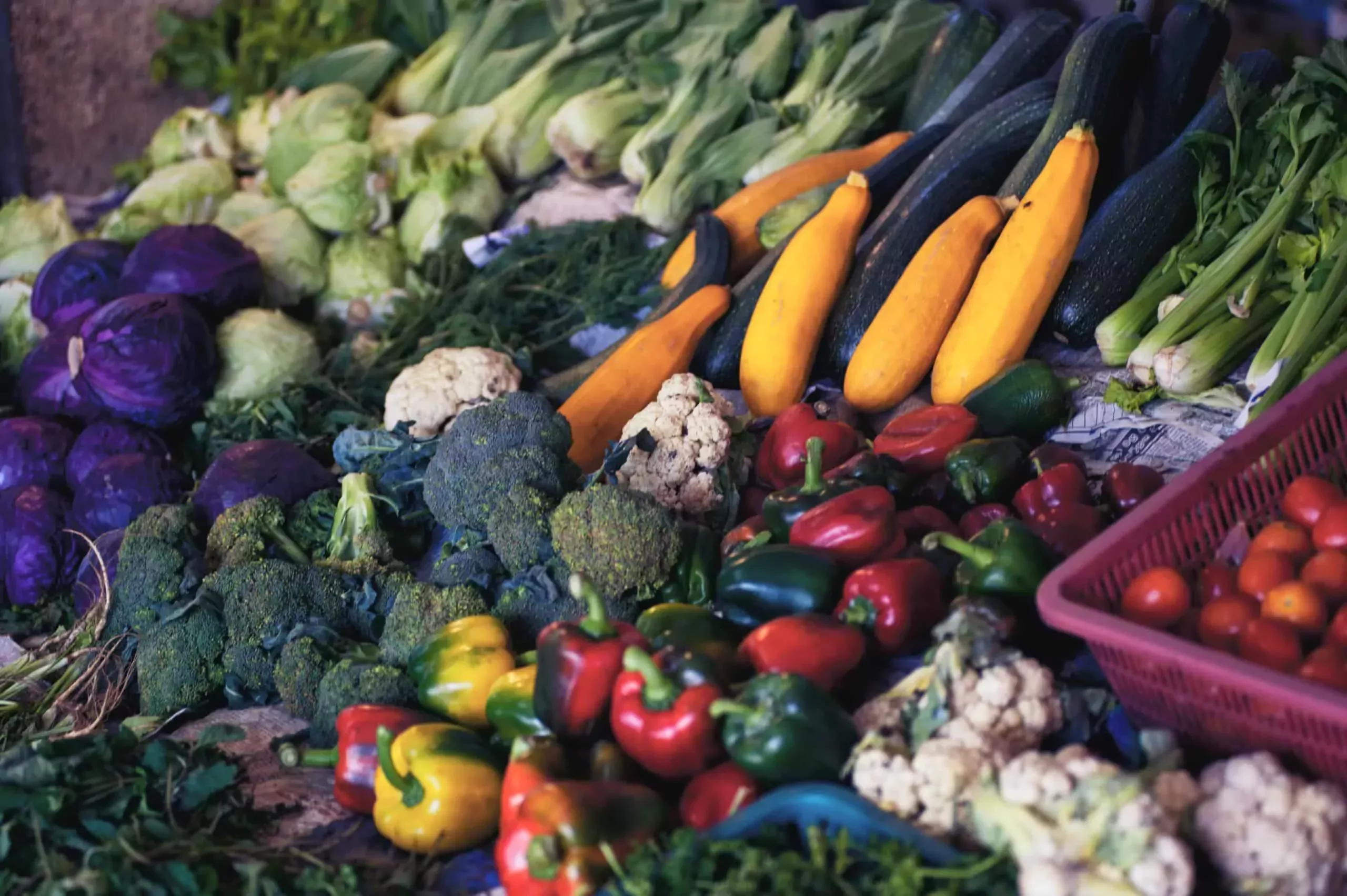
Our immune system plays a vital role in protecting us from disease and illness. When we are run down, our body, or our mind has been through a period of stress or trauma it can leave our immune system weakened and in need of some TLC. The immune system works in a fine balance, if it is unable to function fully we are left open to increased risk of illness and infection, conversely when it is over active it leads to autoimmune conditions such as Rheumatoid Arthritis, Coeliac disease and allergies. Therefore, when you see products or diets claiming to ‘boost’ your immune system this actually shows a lack of understanding…what we want is an optimally functioning immune system. Not too little and not too much activation.
There are several components that help ensure your immune system is working optimally:
- Balanced diet
- Healthy gut bacteria
- Regular physical activity
- Stress management
- Adequate sleep
- Avoiding harmful behaviours such as smoking
Many nutrients are involved with the normal functioning of the immune system. The most important message is therefore to eat a varied balanced diet. Often when we have had a period of illness or stress our food choices become narrowed. How many times have you been unwell and realised all you’ve eaten for the past week is beans on toast or a bowl of cereal. When we are run down sometimes even thinking about food is too much and preparing food becomes a real chore. We therefore go for more plain and easy options. Once we are feeling a bit better it is essential to start to get some variety back in to our diet. Think about how many different foods you’ve eaten over the past week, is it too many to think of, or could you easily count up? If your diet is quite limited start to try to introduce a new food each day, whether this is adding some seeds to your morning porridge, having a different fruit instead of an apple as a snack, adding some beans to your chilli or mixing up your source of protein.
Key nutrients for our immune system include vitamins A, B6, B12, C, D and folate and minerals zinc, selenium, copper, iron. So where can we find these?
| Vitamin | Top Sources |
| A | Cheese, Eggs, Milk, Oily fish, Liver (very rich source, should be limited to once a week) |
| B6 | Pork, Poultry, Pulses, Fish, Wholegrain cereals, Soya beans, Milk |
| B12 | Eggs, Meat, Dairy, Salmon, Cod |
| Folate | Broccoli, Brussels sprouts, Liver, Green leafy veg, Peas, Chickpeas, Fortified breakfast cereal |
| C | Strawberries, Blackcurrants, Red and green peppers, Oranges, Broccoli |
| D | Eggs, Oily Fish, Red meat, Fortified foods e.g. breakfast cereal and spreads |
| Mineral | Top Sources |
| Zinc | Meat, Shellfish, Dairy foods, |
| Selenium | Brazil nuts, Fish, Meat, Eggs |
| Copper | Nuts, Shellfish, Offal |
| Iron | Liver, Meat, Beans, Nuts, Dried fruit, Wholegrains, Fortified breakfast cereal, Dark green leafy veg |
Should I take a supplement? If you are able to eat a balanced, varied diet then this will always be the best way to get your nutrients in. Nutrients are not in their natural state when processed into a supplement and therefore absorption can be affected…nutrients were supposed to be consumed in the form of real foods! However if you have a restricted diet or find it difficult to get variety in there may be a place of nutritional supplements. Consult a Dietitian to discuss your individual needs. The exception to the rule is Vitamin D - The sunshine vitamin. The UK government recommended all adults take a 10mg supplements of Vitamin D during the winter months as it is difficult to meet our requirements through food. If you cover up, avoid spending time in the sun or are indoors a lot it may be that you need a supplement year round to ensure good bone health and immune function.
